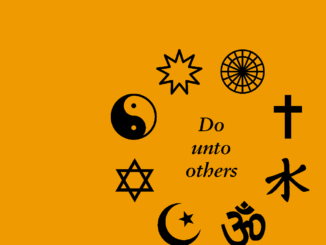
The masque or tableaux of Africa is indeed rich in variety. This variety together with the sights and sounds of Africa come alive in this most recent book by V.S. Naipaul, ‘The Masque of Africa.’ It’s also a book that explores the tensions prevalent in Africa between the old and the new; not least the result of the continent having several subcultures and religions not all of which are adequately encompassed by the nation states covering it.
However unlike some of Naipaul’s earlier books that are social and political in orientation this one is oriented towards understanding tribal beliefs and customs, including dietary habits. Not least in this direction is the uneasy co-existence between traditional African religious beliefs and the later intrusions of Islam and Christianity. The inability to address the inherent fault lines inherent in the African socio religious landscape have led to recurrent outbursts of tribal and racial violence. These spasmodic outbursts have often led to civil wars and mass destitution. It’s important to note in this sense that whether we are considering generational, religious or racial cleavages they are all prevalent in Africa.
As ‘The Masque of Africa’ makes clear tribal religion and customs are very much alive and have not died out with the arrival of Christianity and Islam. There is thus an inane rivalry between such belief patterns not the least because traditional patterns of life are often coming under challenge by modernity as in many other parts of the developing world but this doesn’t necessarily mean that the result is a foregone conclusion in favour of one over the other. Often traditional patterns and ways of living continue to manifest themselves vocally which is not necessarily in consonance with the national structures in Africa. Matters are not helped either by the fact that state structures themselves are often themselves the manifestation of dominant tribes. However that is not unique about Africa but can equally be found in other regions such as the Middle East. What is unique about Africa is that despite the apparent commonalities of underdevelopment and poverty that are common to so many African countries nevertheless to paint all of them with the same brush would be a mistake. To take just one instance for example as V.S. Naipaul himself points managing racial tensions has led to civil war in Zimbabwe while in South Africa it has led to a managed if compromised transition to black majority rule.
Therefore understanding the complexities of Africa is a long journey but even the longest journey begins with a single step and how better to begin that journey than through reading a nobel laureate?
Proudly WWW.PONIREVO.COM



